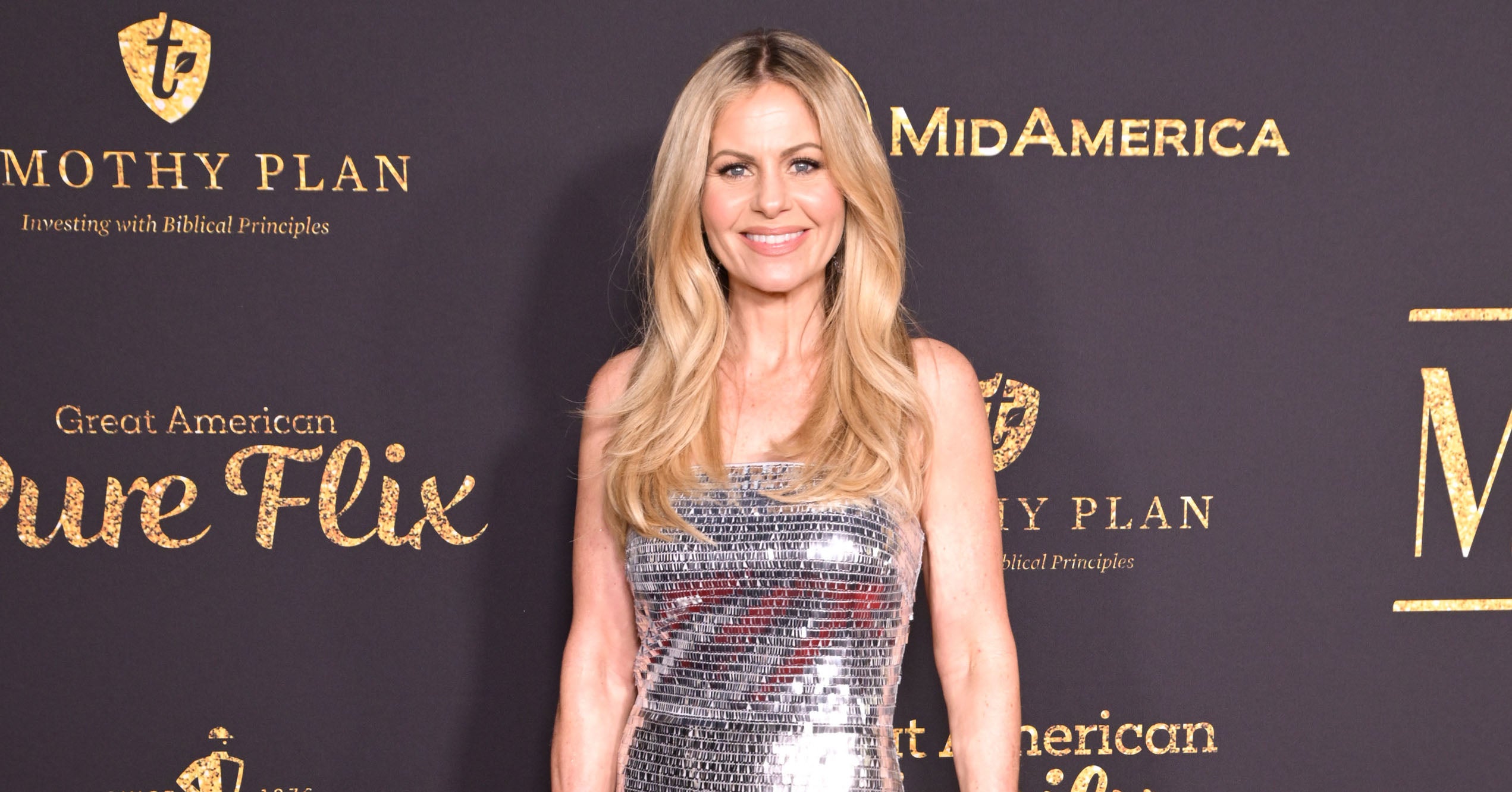
Is YouTube Discriminating Against a Christian Channel?
- 16.03.2025 15:46
- dailysignal.com
- Keywords: Discrimination, YouTube
FCC chairman Brendan Carr has raised concerns that YouTube may be excluding conservative Christian channels like Great American Family from its lineup, while including liberal ones. Conservatives argue this reflects bias, citing past removals of conservative content.